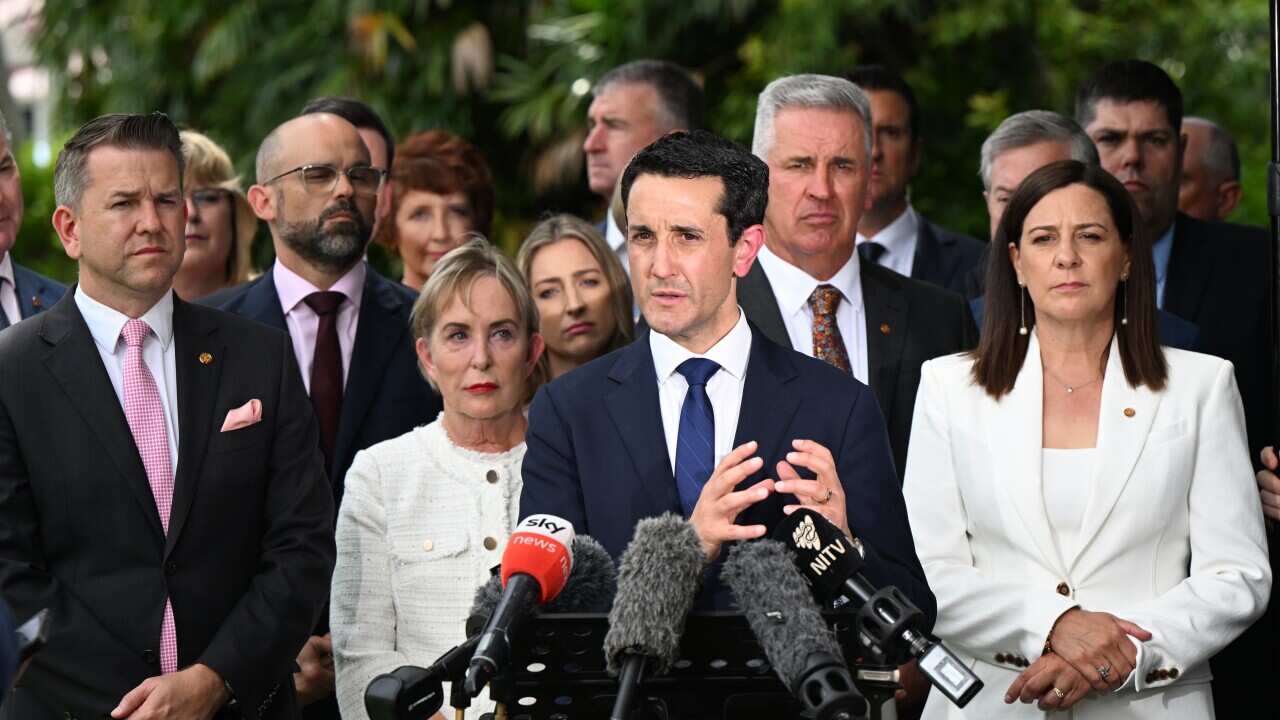The two-week inquest into the death of the 26-year-old Aboriginal man David Dungay while in custody at Long Bay Hospital began before Deputy State Coroner Derek Lee at Sydney's Downing Centre on Monday.
On the first day of the inquest, it was revealed Mr Dungay repeatedly screamed, "I can't breathe" while restrained by Corrective Services NSW guards who had no training in positional asphyxia. Mr Dungay became limp and vomited.
Resuscitation efforts by nursing staff on an unresponsive David Dungay in December 2015 were rendered "effectively without value", an expert witness is expected to say.
Mr Dungay died five weeks before his parole application for assault charges was due for further consideration.
Counsel assisting the coroner, Jason Downing, said Mr Dungay was in the prison hospital ward as he "had been assessed as a mentally ill person" and had a history of "fairly serious psychosis" along with self-harm.
On the day he died, Mr Dungay - a Type 1 diabetic - was seen grabbing a second packet of biscuits as he walked back to his cell.
His blood sugar level was high at midday and 2pm but a nurse considered him "asymptomatic", the court heard.

Leetona Dungay, the mother of David Dungay Jr, outside Sydney's Downing Centre court. Source: NITV
Two prison officers asked the six-member Immediate Action Team to move Mr Dungay to a cell with a camera for observation.
The court was played footage showing Mr Dungay spitting blood as he is transferred to the second cell while handcuffed and the sedative midazolam is injected into his buttock.
He is restrained by at least five IAT officers in the "prone" position, facedown, on both cell beds and repeatedly screams "I can't breathe" - to which one officer replies: "You're talking, you can breathe".
Mr Dungay became unresponsive, went "limp" and vomited, and could not be resuscitated, Mr Downing said.
"I anticipate that the evidence will indicate that five of the six IAT members had not undertaken any training in respect of positional asphyxia risk and had no effective knowledge of it," he said.
Mr Dungay's mother, Leetona Dungay, said she heard her son say "I can't breathe" 12 times in the prison video.
"That's slow breathing and a slow death," she told reporters outside court.
Mr Downing said a report from emergency physician expert, Professor Anthony Brown, suggests the prison officers' initial CPR attempts were of the "highest standard" but those made by responding nurses were rendered "effectively without value".
"He (Prof Brown) suggested that whatever chance Mr Dungay had, was lost by the inadequate and interrupted care he received from Justice Health," Mr Downing said.
Corrective Services NSW issued a statement on Monday to say changes were made to use of force policies and training procedures after an investigation into Mr Dungay's death.
Three correctional officers will be called as witnesses on Tuesday.
AAP











